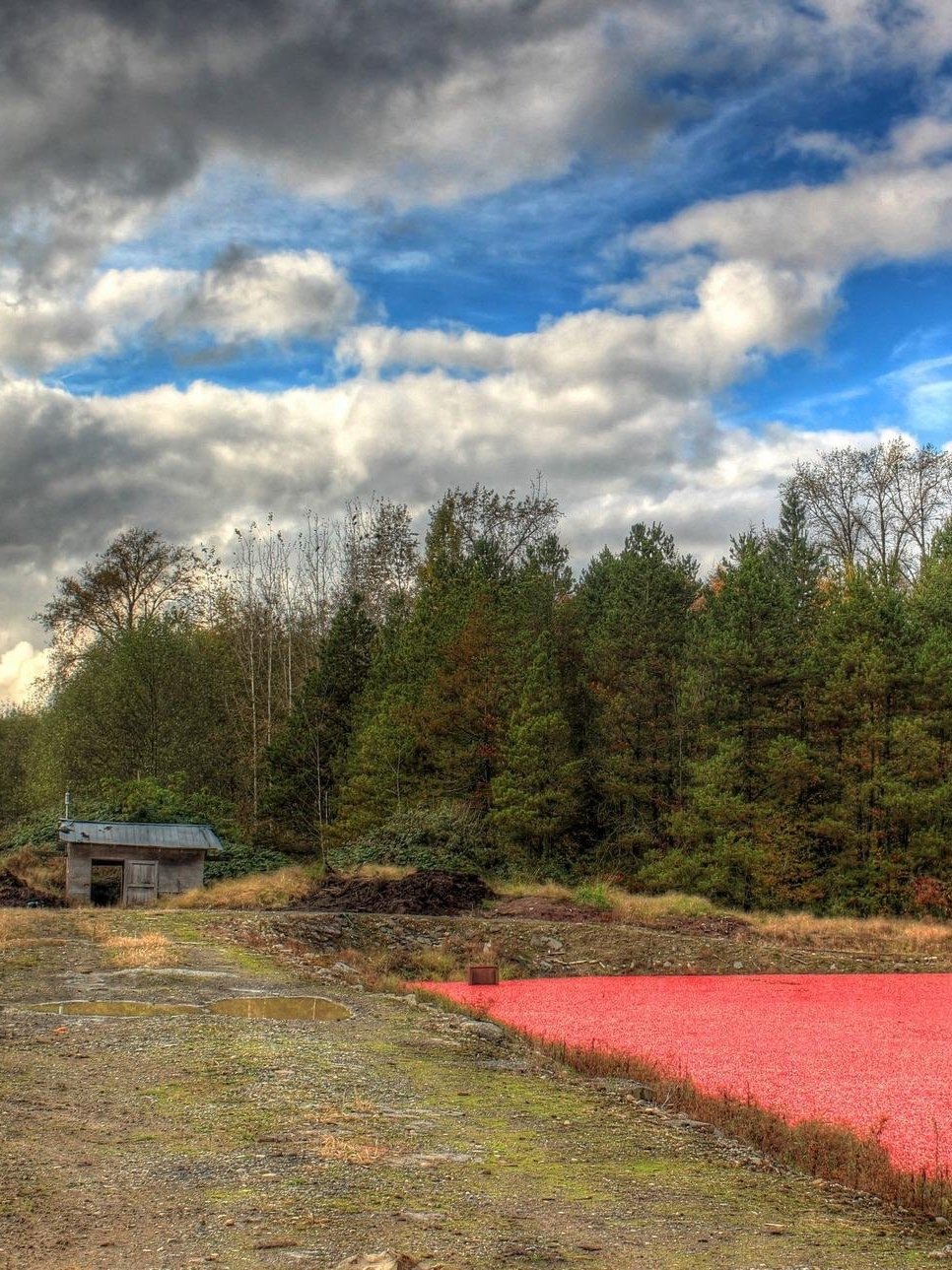YASSP Agroecosystem Projects
agroecosystem management
Healthy agroecosystems are critical to global food security. Sustainable agricultural practices can increase resilience to rapidly changing climates, maintain food security, and increase carbon storage and sequestration. Our global partners are demanding ‘climate-smart’ or ‘regenerative’ agricultural practices, which include reducing tilling and promoting the use of cover cropping in row agriculture, increasing tree cover in rangelands and pasturelands, and sustainably managing integrated agroecosystems.
Yet, there are outstanding questions that we need to address, including defining the best methods for measuring and monitoring the long-term impacts of climate-smart practices on ecosystem carbon pools, identifying how effective different practices are in different ecosystems, and identifying key regions where these practices are likely to have the biggest impact.
Quantifying impacts of agricultural practices on ecosystem carbon sequestration and soil health
YASSP researchers are working on the following cross-cutting projects that address specific key questions about the impact of agroecosystem management practices on ecosystem carbon storage and sequestration:
Comparing Agricultural Soil Carbon Measuring, Reporting and Verifying (MRV) Protocols
There are currently a dozen different protocols for measuring, reporting, and verifying soil carbon gains from carbon-smart agricultural practices in row croplands. YASSP researchers are leading a quantitative benchmarking assessment to understand how differences in eligibility, carbon estimation methods, and uncertainty and risk adjustments impact carbon crediting calculations. To complete this work, we are constructing a synthetic dataset of corn and soy farm fields in the US to evaluate four major MRV protocols in the agricultural soil carbon marketplace. We are collaborating closely with scientists at the Environmental Defense Fund and Woodwell Climate Research Center, as well as with major US carbon registries and project developers to ensure our analysis aligns with current practices in the carbon marketplace. Our work will provide a quantitative evaluation of how differences among various protocols lead to differences in carbon credits. The work will generate more transparency and build confidence in the soil carbon marketplace, providing important information for improving protocols and supporting development in this arena.
Testing the Sensitivity of Soil Carbon Sampling Methods
Measuring and verifying soil carbon gains to changing agricultural practices is challenging because soil carbon builds slowly through time and soil organic carbon is highly variable within and among farm fields. A fundamental component of most soil carbon crediting protocols is collecting soil samples from enrolled farm fields to directly measure and verify carbon sequestration estimates, but this is not a trivial task. Direct soil carbon measurements are time consuming and costly, and the current price of agriculture carbon credits is too low to support intensive soil sampling regimes. YASSP researchers are collaborating with other scientists and soil carbon project developers at the Ecosystem Services Market Consortium (ESMC) to analyze a large dataset of direct soil carbon measurements across multiple farm fields. Using these data, YASSP researchers are testing how sampling intensity (number of soil samples), sampling depth, sampling design, and natural variation in soil carbon within and among farm fields affects our ability to estimate mean soil carbon amounts and variation around the mean. Our results will support efforts to inform and refine agricultural soil carbon protocols by helping to identify the most effective methods for directly measuring soil carbon accrual in farm fields.
Understanding Silvopastoral Practices, Carbon Sequestration, and Livestock Production
The Global Network on Silvopastoral Systems promotes the scaling-up of silvopastoral systems—or tree planting in pasture and rangeland—to support sustainable livestock production by reducing ecological impacts on natural resources, improving food security and farm productivity, and mitigating climate change. Silvopastoral systems are important components in both temperate and tropical pasturelands in North and South America. YASSP researchers are developing a synthetic empirical dataset of silvopasture management practices. Practices include, for example, living fences and windbreaks, alley cropping, agroforestry, and pasture with trees or high-density foraging shrubs. YASSP researchers are studying the effects of these practices on above- and belowground carbon storage in temperate and tropical ecosystems. This work, funded through the Yale Center for Natural Carbon Capture (YCNCC, https://planetarysolutions.yale.edu/center-natural-carbon-capture), will engage researchers and farmers affiliated with Yale’s Environmental Leadership and Training Initiative (ELTI; https://elti.yale.edu). Results from this synthesis will build an understanding of the current extent of silvopastoral practices in the Americas, identify viable regions for extending silvopastoral practices, and support decision making with farmer partners and ELTI practitioners.
Assessing Carbon Storage in Cranberry Agroecosystems
Cranberry farms are unique agroecosystems with unquantified potential for long-term carbon storage in their carbon-rich peat layers in the cranberry beds as well as in supporting forest, grassland and wetland landscapes surrounding the cranberry beds. There are currently no developed methods or models for estimating carbon stocks across the entire cranberry ecosystem. Determining how to quantify cranberry-bed ecosystem carbon storage will require the integration of diverse methods, models, and data sources across individual ecosystem types to assess how cranberry management practices like nutrient addition, water table manipulation, and cranberry harvesting might alter total carbon stocks within the agroecosystem. In collaboration with scientists and farmer partners at Ocean Spray Cranberry, Inc., YASSP researchers are developing models to estimate carbon stocks in cranberry bed ecosystems in North and South America. Our results will support the growing demand for accurate assessment of ecosystem capacity to store carbon and understand how specific agricultural practices may further build carbon stocks in these ecosystems.




